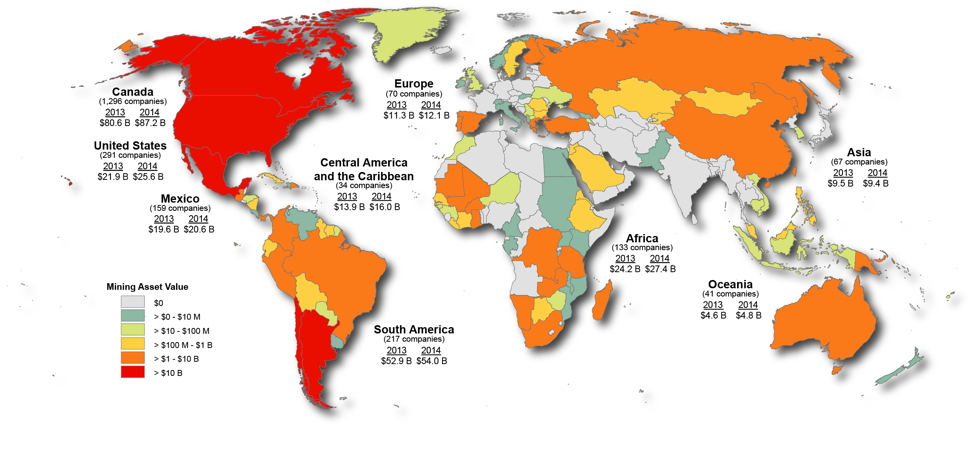Todd Gordon and Jeffery R. Webber. 2016. Fernwood Publishing. Halifax and Winnipeg, Canada
ISBN: 9781552668306

 Review and photo of author, Jeffrey Webber, by Theresa Wolfwood
Review and photo of author, Jeffrey Webber, by Theresa Wolfwood
“In recent years, the Canadian state has lent its support to a repressive post-coup regime in Honduras; had provided military and ideological backing for a repressive regime in Colombia, one which boasts the hemisphere’s worst human rights record; has aggressively interfered in the domestic affairs of left-of-centre Latin American governments such as that of Higo Chavez in Venezuela and Rafael Correa in Ecuador; it has supported ecological destruction and the dislocation of vulnerable populations in the region through its support Canadian natural resource companies…” from the introduction
At a time when many Canadians are becoming aware of the role of Canadian registered mining companies (75% of all mining companies in the world are Canada-based) Gordon and Webber have provided an important documentation of how Canada operates as an imperial power globally, nowhere more egregiously than in Latin America. Canadian mining companies devastate the social and physical environment of many communities from Mexico to Peru, destroying the social fabric of people who were not consulted about mines, accrue no benefits and hose human rights are tragically disregarded. As Gordon and Webber illustrate, Canadian government foreign policy developed lock step with corporate expansion. Nowhere is this more obvious than in the changes in Canadian development aid. Canadian aid used to be directed to the poorest of the poor. CIDA had a record of assisting vulnerable populations throughout the world. Now, as the authors write, things are different; they quote a Harper government official, “Our government is strengthening its development assistance in the Americas because this is our neighbourhood, where we have significant interests.” Grants to faith-based groups that worked with communities, the Mennonites, Catholics and ecumenical organizations, that criticized Canadian mining projects were cut.
Corporate Social Responsibility, a nice phrase which this reviewer considers an oxymoron, really is a cover-up for aid projects that partner with corporations; they may appear benign by helping train and prepare for resource exploitation; in reality this aid masks the human rights abuses, community intimidation and the provision of brutal private security forces that are an inseparable part of Canadian mining companies’ operations and profiteering.
The authors provide chapters of context, history and details about Canadian involvement in Honduras, Colombia, Ecuador, Venezuela and an overview of Central America.
In just one example, in Honduras, after the overthrow of democratically elected President José Manuel Zelaya who had attempted some reforms, including a new constitution, education benefits, raising the minimum wage and, in mining, he planned to implement stricter environmental regulations. Maybe the red flag was his intent to ban open-pit mining. Canada rushed in after the coup, even as poverty and violence increased; Honduras has the highest murder rate in the world, mainly of journalists, activists, reformers, including most recently, the assassination of activist Berta Cáceres. Yet Canada actively refused to support a return to democracy in Honduras, as the new government welcomed openly foreign investment. The Canadian governments continued in Honduras as throughout Latin America to support the profitable expansion of Canadian capital.
Gordon and Webber put it this way, “Canadian capital continues to tread heavily over the lives of ordinary Latin Americans, the mass of evidence we have accumulated in this makes a mockery of mining and maquila executives who plead not guilty…We have likewise exposed the hypocrisy of Canada’s claims of genuine commitment to democracy in contemporary Latin America…”
Altogether the analysis and documentation expresses clearly that Canada is capable and guilty of as crass greed and ruthlessness as any imperial power, including the one to south of us. We may be tiny but we can play with the big boys. It is obvious our politicians prefer to identify with the interests of Canadian capitalism rather than its citizens. It may appear on the surface that repression and power say equate with stability but as we know and as the authors emphasize, there is another force in Latin America, Canada and the world. As the authors express it, “Out of cracks of this international system of domination, powerful and creative forms of self-organization and resistance have emerged against the odds. They represent the greatest threat to the reproduction of capitalist imperialism, and the greatest to humanity, social justice, and ecological sustainability.”
We might well ask ourselves and our politicians to answer the question posed in the famous song, “Which side are you on?”
>>>>>>>>>>>>>>>>>>>>>>>
Theresa Wolfwood is Victoria activist and writer. More of her book reviews may be read on http://bookreviews.bbcf.ca/ Her poetry collection, “Love and Resistance” is available at Ivy’s bookshop.







